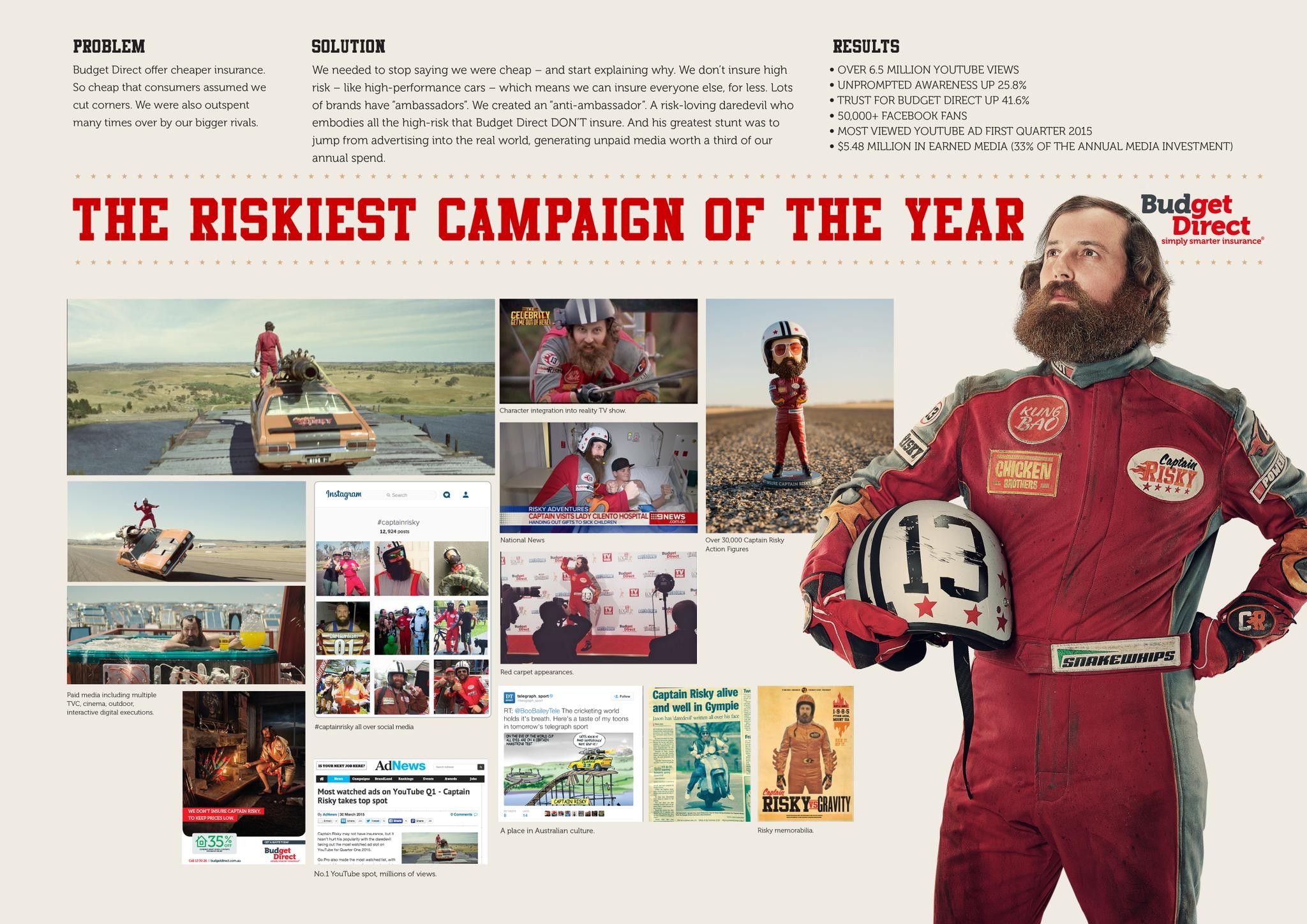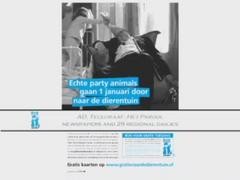Spikes Asia
StressWaves
McCANN, Singapore / CIGNA / 2022

Overview
Entries
Credits
Overview
Background
83% of people around the world are feeling stressed*, but only 14% feel comfortable talking to someone about it**. With symptoms are often invisible, Stress can escalate until it manifests into serious illnesses that can be life-threatening. According to the UN, stress-related illnesses contribute to nearly 5 million deaths a year.
As leaders in Stress Care, Cigna challenged us to help them find a way to make talking about stress more approachable, and democratising Stress Care for all.
We needed to develop tech innovation that would remove the barrier of fear in approaching your doctor, your manager, or any other initial human interaction that might be a stop someone from acting on their stress. If we could find an attractive way for these silent suffers to make an initial action and connect them to vital stress education and resources, we could changes lives.
*Cigna 360 Well-being Study
**MentalHealthFoundation
***UnitedNations Research
Idea
The Cigna StressWaves Test is the world’s first voice-activated stress tool that analyses your current level of stress by you simply talking into your phone. This revolutionary new voice detection technology works on all mobile devices. All it takes is 60 seconds and a quiet place to talk. Once your current level is detected, tailored advice and resources are shared to help you take stress care action. StressWaves is possible thanks to breakthrough research revealing that your voice is now one of the earliest indicators of stress and mental health issues affecting the body. StressWaves is able to gather voice data and for the first time break down a person’s speech patterns to understand what their body is telling us about their stress levels.
Strategy
StressWaves asks you a series of questions over 60 seconds to receive voice data to make a reading. It does this using:
A base algorithm leaning into 15,000 unique users of varying ages and accents to study your conversation.
Machine learning harnesses the acoustics and semantics of speech - identifying tones, pauses, keywords, and pace.
The data is then pieced together through real-time and learned history to give a clinical current stress score and then reaches into Cigna’s ecosystem of tools and resources to select tailored content for you to use and learn from based on your current stress level.
Your stress image and score can be saved and stored on your device or sent to your email with links to all offered advice and resources.
StressWaves' A.I. gets more accurate at detecting stress with each new user, meaning chronic stress will continue to be detected and treated earlier.
Execution
StressWaves is the world’s first voice-activated stress tool that analyses your current level of stress by simply talking into your phone. This revolutionary new voice detection technology works on all laptops and mobile devices.
It’s starts by asking a series of questions over 60 seconds to receive your voice data.
A base algorithm 15,000 unique users of varying ages and accents helps StressWaves
study your conversation.
Machine learning harnesses the acoustics and semantics of speech - identifying tones, pauses, keywords.
Real-time data algorithm processes a current stress score, tailored advice and resources are then pulled from Cigna’s ecosystem based on your current stress level.
Your stress score image and score can be saved to your device or sent to your email alongside offered advice and resources.
StressWaves' A.I. gets more accurate at detecting stress with each new user, meaning chronic stress will continue to be detected and treated earlier.
Outcome
In the first 5 months of launch:
358,000+ visits to the tool
Over 1000 hours of stress talk
26,000+ people took the next step to reducing stress with Cigna
A.I. learning has already reduced conversation time by from 90 to 60 seconds.
Similar Campaigns
12 items





